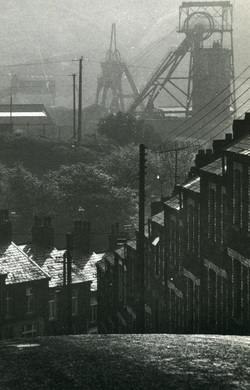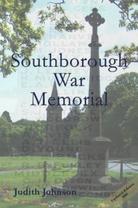A friend of mine, Max, once said to me that he believed Down’s Syndrome children were sent to teach us about love. Max has a very particular view about love and hate – he is a Holocaust survivor, who came to England on a Kindertransport in 1939. His mother, a nurse and midwife, was a great one for songs and music, he recalls in a little memoir he gave me. She taught her children a new song every week. When Max left she had great difficulty keeping cheerful, and her last words to him were “Remember whatever happens to you in the future, wherever you go, father and I will always love you.”
Max volunteered for the Commandos in 1944. The training was no picnic, he wrote, and he flinched a little when they had to learn to kill with their bare hands, but all of the former refugee boys in his troop wanted to do was to get the war over so that they could find their loved ones again. He realised that it meant killing or getting killed yourself, and at 18 years old, he says, you don’t worry too much about that.
When the war finished, Max’s unit helped with the mopping up, busy in the POW camps, interrogating and releasing thousands of prisoners. He took compassionate leave to go and search for his people. Each search ended in the same way: last known in Buchenwald or Dachau or Oranienburg, then transported to Auschwitz. All of Max’s extended family had been murdered, it seemed. But in September 1945 he had a letter from the Red Cross informing him that his older brother was alive, had survived Auschwitz, been exchanged at the end of the War for German POWs and was convalescing in Sweden. At that time, the information saved Max’s sanity. When he was reunited with his brother, the first thing he said to Max was “You must learn not to hate, but to forgive them, Max”.
In the years since, Max married and brought up his own family, worked as a builder, and then latterly trained as a reflexologist and healer. He wrote “Most of my life I’ve had good innings. It was not always easy but between us we managed to achieve quite a lot. I am very proud of my family. It is they who gave me an identity again.”


 RSS Feed
RSS Feed
